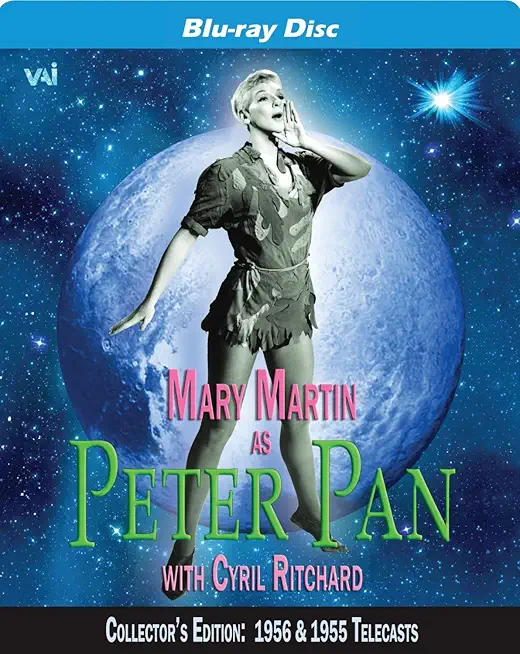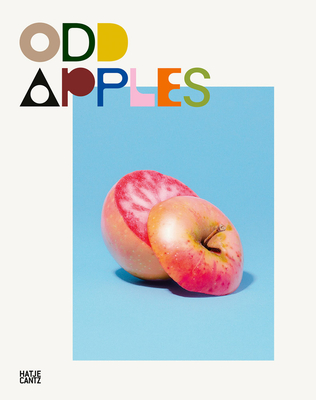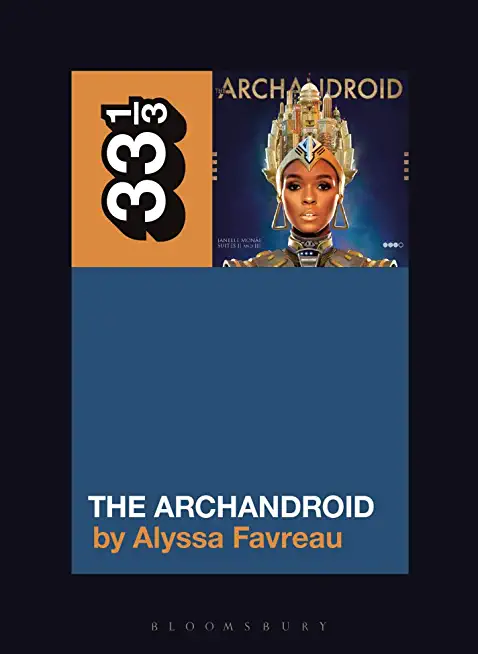
description
7In a unique style that is both sensory and utopian, Yayoi Kusama's work possesses a highly personal character, yet one that has connected profoundly with large audiences around the globe. Throughout her career she has been able to break down traditional barriers between work, artist, and spectator. Kusama's work--which spans paintings, performances, room-size presentations, sculptural installations, literary works, films, fashion, design, and interventions within existing architectural structures--has transcended some of the most important art movements of the second half of the twentieth century, including pop art and minimalism. Conveying extraordinary vitality and passion, her work seems to encompass an autobiographic, even confessional dimension. As stated by Roberta Smith in The New York Times, "These paintings form a great big infinity room of their own, but one in which each part is also an autonomous work of art, its own piece of wobbly, handwrought infinity. You may not want to know these paintings Ms. Kusama has made, but in the moment their vitality is infectious. It is the vitality of an artist who lives to work, whose work keeps her alive." Yayoi Kusama: Festival of Life documents the artist's exhibition at David Zwirner's Chelsea location in New York in late 2017, featuring a selection of paintings from her iconic My Eternal Soul series, new large-scale flower sculptures, a polka-dotted environment, and two Infinity Mirror Rooms. The monograph includes new scholarship on the artist by Jenni Sorkin, as well as a special foldout poster.
member goods
No member items were found under this heading.
Return Policy
All sales are final
Shipping
No special shipping considerations available.
Shipping fees determined at checkout.







